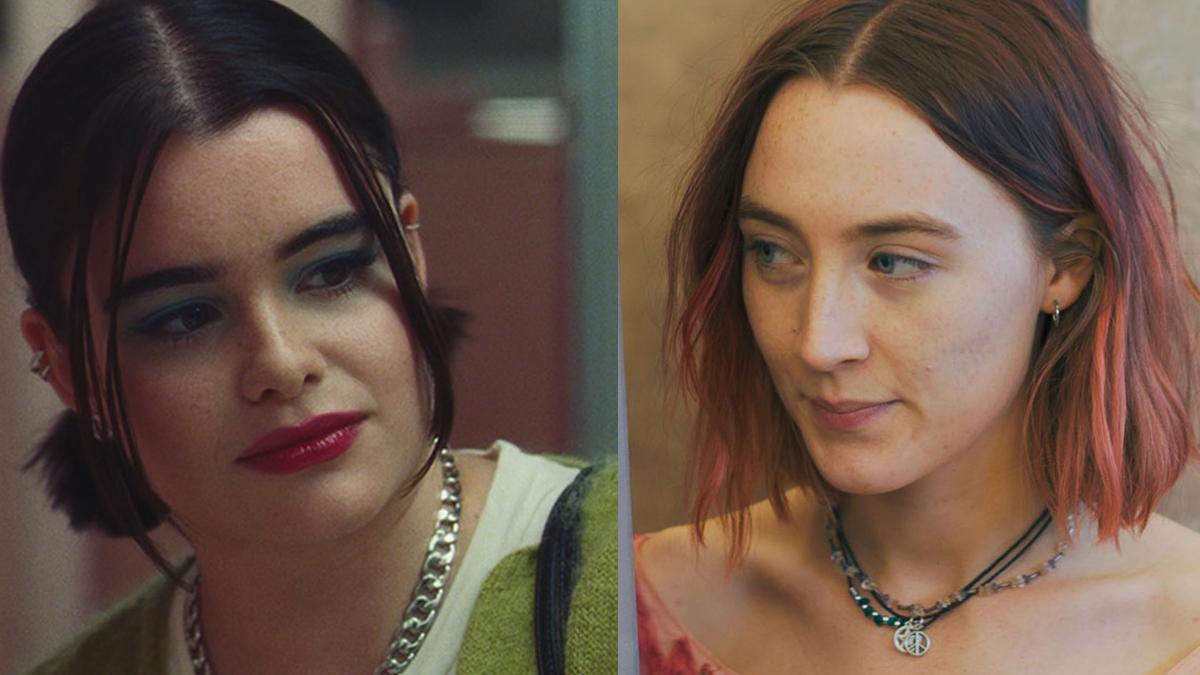
Elder Gen Zs and millennials have really copped it when it comes to inaccurate representation of all things body image-related in pop culture. Media in the early to mid-00s was basically a warzone for anyone who wasn’t stick-thin, blonde, white and, most importantly, boasting perfectly clear, acne-free skin.
Now, acne is a pretty dang common condition — it literally affects 85% of Australians aged 15-24 years old. Not to mention, it’s also so easily treatable with the help of advice from your derm, top-tier bacteria-fighting skincare products like Benzac, and a combo of healthy lifestyle factors (that you can read about that more here).
But that’s not really the narrative we were sold as kids.
We had fully grown adults with perfect, Hollywood skin playing teenagers in shows and movies, horrendous ad campaigns that targetted acne as literal social suicide and, of course, tabloid magazines that would mock celebs with even the slightest sight of oily skin. On top of this, as we became teenagers, Snapchat filters and Facetuning became standard practices for hiding any skin blemish.
One of the most jarring moments of anti-acne pop culture had to be the Harry Potter character Eloise Midgen. I am so unsurprised She-Who-Shall-Not-Be-Named Rowling wrote one whole-ass character with acne into the entirety of Harry Potter — a series literally based around a mythical high school.
I don’t know about you, but when I was in high school, there was way more than just one person with acne — given the pituitary glands work overtime to produce oil during the teen years. To really drive home the point that acne was ~evil~, Eloise Midgen was the butt of so many jokes about her acne that she ended up ‘cursing’ off her acne with a spell that made her nose fall off. WTF, JK, seriously.
There has also been scientific research done into the fact that most movie villains are portrayed with skin conditions. Think about it — the villains in the Wizard of Oz, The Silence Of The Lambs and even Grease (!!!) all present with some sort of skin condition. Researchers from the University of Texas Medical Branch even stated that this portrayal may “foster a tendency toward prejudice in our society directed at those with skin disease”.
Why does this suck? I know I’m not breaking much ground here with this point, but the proof is literally in the pudding (or the research). Turning a natural and normal thing like acne into something so taboo (or associated with being an actual monster) can be detrimental to self-esteem, especially for teens navigating all the wonders of puberty.
Luckily, over the last few years, we’ve seen a gradual shift in the portrayal of natural skin on-screen.
In 2017, we had Lady Bird. Director and writer Greta Gerwig made a point to ensure Siaorse Ronan‘s actual acne scars were on display throughout the whole film. The touch, while fab for repping natural skin, genuinely makes the film feel more authentic and relatable — it gives the entire movie a genuinely earnest touch, given it’s portraying a teenager who’s navigating their identity.
In Eighth Grade, the 13-year-old main character is seen trying out a makeup look, navigating the pimples that have begun to inhabit her skin.
More recently, in Euphoria season 2, the show’s makeup director Donni Davey ordered for no foundation to be used on characters other than Maddy to ensure a natural look was achieved. While Euphoria can teeter on the edge of what is actually realistic for high-schoolers, the appearance of textured, scarred and oily skin underneath the extravagant makeup each character wears, much like Lady Bird, genuinely makes things feel real. On top of this, the show’s like I May Destroy You and Mare Of Eastown have also given a real insight into what skin on women within their late 20s to 50s actually looks like.
While these are all great steps in the right direction, I don’t believe these shows have completely undone years of patriarchal damage to young women’s perception of their skin.
There are still so many things that need fixing — from education in schooling around how genetics can play a role in our hormones and therefore things like acne, to completely abolishing TikTok’s obsession with ‘clean’ beauty, our society’s expectation of how our skin should look is still far from reality.
For now, the best we can do is block out the BS and love your skin, educate ourselves on routines that not only work but make us feel good, and genuinely invest in products that are packed with good ingredients.
And of course, celebrate the little wins, like seeing acne get a ride in a huge movie – every little bit counts after all.
Wanna discover your skin story and work out what skin routine is best for you? Take this quiz for a chance to win a $500 pamper gift voucher.



